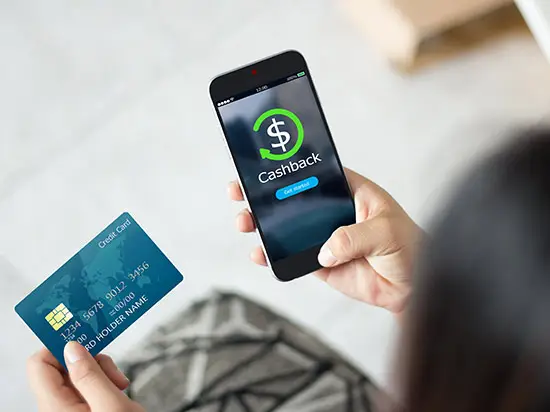Credit Card Rewards Programs

We clip coupons. We save our pennies. We love to get the most for our money, and we REALLY love free stuff. Be careful not to be enticed into using your credit cards to get these freebies. They could cost you a lot more than you think.
Credit Card Rewards - Be Sure to Read the Fine Print
Free perks come in all shapes and sizes. Airline miles, auto rebates, shopping rewards, cash back incentives - you name the bonus, American business offers it. More than 40% of the credit cards issued today are tied to some kind of reward program. But before you fill out that application, be warned. Unless you know exactly what you're getting into, these "rewards" can end up costing you a lot more than you bargained for.
How do reward programs work? In most cases, a cardholder will earn points, frequent flier miles, and other rewards every time the card is used. It is common for points and miles to build up with each dollar charged. If a consumer's credit card reward program is based on points, one dollar usually equals one point. Easy enough, right? Well, maybe not. Let's look at an example.
Fred Black has a card that offers free airplane tickets to any destination in the United States, but there is a hitch. Fred needs 25,000 points to get a free domestic airplane ticket. This means he needs to charge $25,000 to get his ticket. If Fred could build up his points over time, it probably would not be too difficult to get his free ticket, but it may take a long time to charge $25,000. Unfortunately, like most reward cards, Fred does not have the option to save his points. If he does not use all of his points by the end of the year, he will lose them. Next year, his point count will be zero and he'll have to start over. What this means is that unless Fred charges $25,000 on his credit card in one year, he will never get an airplane ticket.
Fred's example is not uncommon. Credit card reward programs have some common characteristics. These can vary from issuer to issuer, but here are some things to look out for:
- It takes money to make money, even when we're talking about bonus rewards. Most rebate-type cards tend to have interest rates that are 5% higher than non-rebate cards. If you carry a balance from month to month, you would be better off shopping for a lower interest rate credit card.
- Some issuers offer a bonus for carrying a balance on an account, for example, 3% cash back, 10% annual interest rebate, and cash back for purchases at certain stores. In this type of program, consumers are being lured into paying a higher interest rate in return for a small rebate.
- Annual fees for reward program cards are often as high as $50. The fees are rarely made up for by rewards.
In most cardholder agreements, you will find that if you're late with a payment, you could lose all the points you earned for that month, or have your points frozen until you pay a penalty fee. Also, be careful that you will not be charged for NOT using the card. Some companies will charge an "inactivity fee" for lack of use.
Given their requirements, who is really receiving the rewards from these programs, the cardholder or the credit card company?
Unfortunately, reward cards often fall into the same category as all those other things that sound too good to be true. As with any credit card, make sure you read and understand the terms of the card before you use it.
